The Nigerian National Petroleum Corporation (NNPC) is still engaging in discussions for the importation of crude oil from the Niger Republic for the Kaduna Refinery and Petrochemical Company (KRPC) despite its apparent inactions for one year after the plan was unveiled, according to report.
Inadequate maintenance and vandalism of crude oil pipelines have led to the sub-optimal performance of the country’s 445,000 barrels per day capacity refineries in Port Harcourt, Warri and Kaduna.
An analysis of NNPC’s full financial report for May 2017, which was released at the weekend, indicates that the consolidated capacity utilisation of the three refineries declined from 24.59 per cent in April 2017, to 23.09 per cent in May.
The deprived operational performance is attributed to WRPC’s downtime during the month under review. The ongoing revamping of the Refineries will enhance capacity utilisation once completed. The PHRC and KRPC were active during the month under review. WRPC was shut-down due to power failure,” said the report.
The Warri Refinery’s capacity utilisation in May was zero as it did not refine any crude in May, compared to the 50,753 metric tonnes of crude it processed in April to record 9.92 per cent capacity utilisation.
Also the capacity utilisation of the Kaduna Refinery dropped to 27.59 per cent in May 2017, down from 31.3 per cent in April, as it refined less volume of crude in May, compared to April.
Recall that as part of the efforts to address frequent disruptions to the supply of crude oil to the Kaduna Refinery as a result of the Niger Delta militancy, the corporation was considering importing crude oil from Chad and Niger Republic.
The Group Managing Director of NNPC, Mr. Maikanti Baru later confirmed the development after a bilateral discussion with the Minister of Energy and Oil of the Republic of Niger, Hon. Foumakoye Gado, in Abuja.
Baru had also restated the commitment of the corporation to engage in crude importation for the Kaduna Refinery during a town hall meeting with management and staff of the refinery in Kaduna.
Under this plan, a technical team was to be set up to include the NNPC and the Nigerien Ministry of Energy and Oil to work out the modalities, while a steering committee would also be set up.
The federal government also planned to begin the construction of about 1, 000 kilometres of pipelines to convey the crude from Nigerien oil field in Agadem to Kaduna Refinery.
To actualise this plan, the corporation was to engage in discussions with the Nigerien Minister of Petroleum and the Chinese firm operating the Agadem oil block located in the East Niger Rift Basin.
It was, however, gathered that one year after the plan was unveiled, no tangible steps have been taken to set up the technical and steering committees and commence the construction of pipelines, leading to speculations that the plan has been cancelled.
When contacted at the weekend, the Public Affairs Manager of Kaduna Refinery, Mr. Idris Abdullahi, said he did not have the updates on the planned importation and referred newsmen to the spokesman of NNPC, Mr. Ndu Ughamadu.
On his part, Ughamadu confirmed that discussions for the planned importation of crude from the Niger Republic for the refinery are still ongoing.
Discussions are still on. I have not been informed of any cancellation, he said
Niger Republic had a set target of increasing production from 20,000 barrels per day to 80,000 bpd in 2016, with the country’s refinery consuming 20,000 bpd, while 60,000 bpd will be exported through Cameroun and Chad.
A Nigerian delegation had in November 2011 represented former President Goodluck Jonathan when Niger Republic inaugurated the 20,000 barrel-per-day Soraz refinery near Zinder, very close to the Nigerian border.
The refinery is 60 per cent-owned by Chinese state oil company, CNPC and 40 per cent by Niger Republic.
Chad had set a target to increase production from 130,000 bpd by the end of 2014 to 260,000 barrels per day in 2016.
But while Nigeria is battling with militancy in the oil-producing region, Chad is also facing the dreaded Boko Haram insurgency and other security threats around its border with Nigeria, Libya and the Central African Republic.


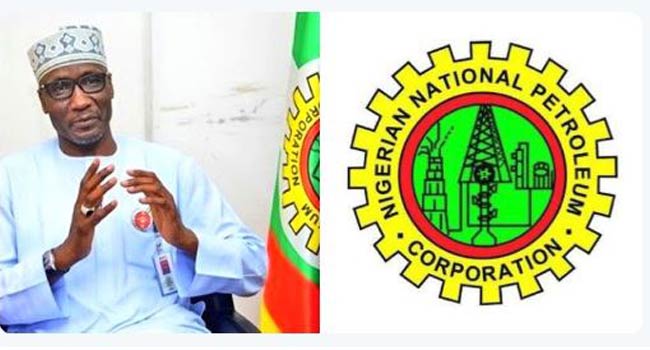

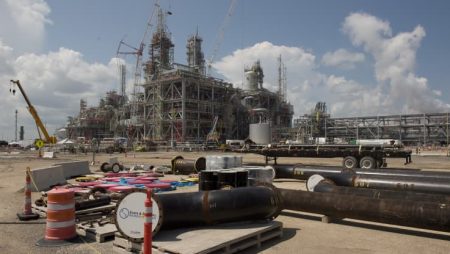
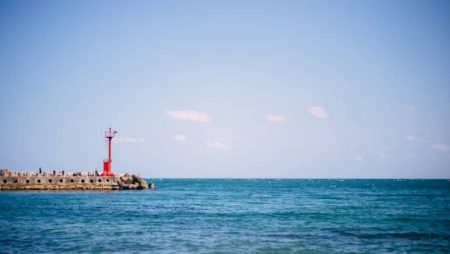
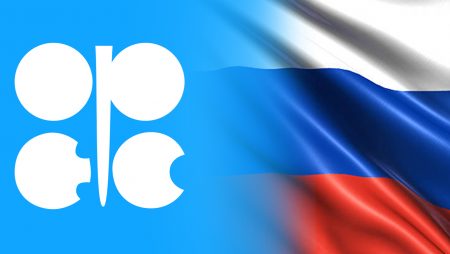
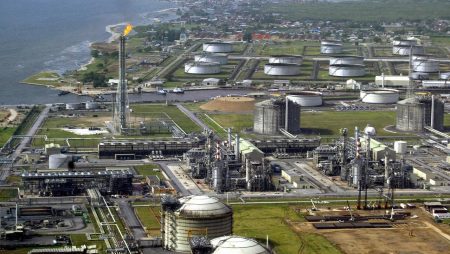
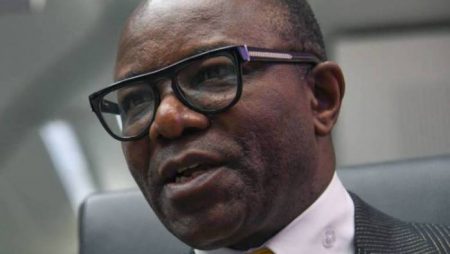

No Comment